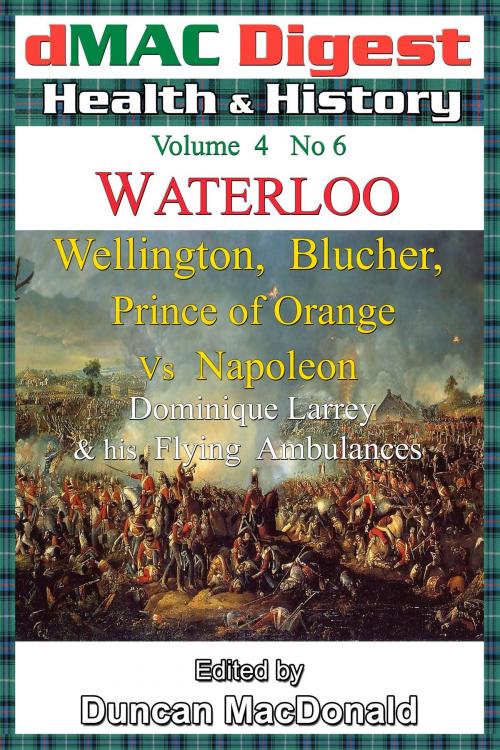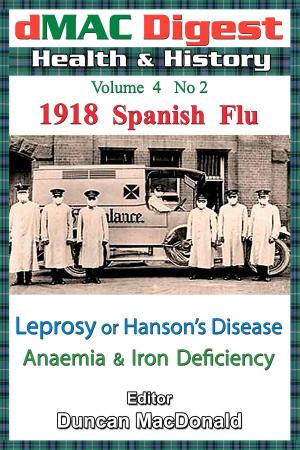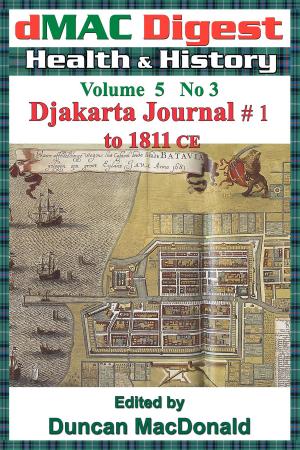| Author: | Duncan MacDonald | ISBN: | 9781310877889 |
| Publisher: | Duncan MacDonald | Publication: | September 17, 2014 |
| Imprint: | Smashwords Edition | Language: | English |
| Author: | Duncan MacDonald |
| ISBN: | 9781310877889 |
| Publisher: | Duncan MacDonald |
| Publication: | September 17, 2014 |
| Imprint: | Smashwords Edition |
| Language: | English |
The Battle of Waterloo took place in Belgium on 18 June 1815. The French Armee du Nord, led by Napoleon Bonaparte, was pitted against an Allied army, comprising British, Belgians, Dutch and Germans, under the command of the Duke of Wellington and Prince Willem of Orange, combined with a Prussian army led by Gebhard von Blucher. This Digest examines the battle, and the lead up to the event, through different lens. We all know from our school days, that Napoleon lost the battle, but with the evidence now available we can determine who actually won the battle. The result may surprise you.
The main protagonists and some of their more colourful subordinates are evaluated, not just the generals, but influential characters, such as Dominique Larrey, Surgeon to Napoleon's Imperial Guard, who introduced first aid and flying ambulances to the battlefield, something that had not been practised since the end of the Roman Empire, 1,400 years earlier. Initially we will view this historical period through the eyes of Larrey. It will be easier to comprehend the mindset that led to senseless slaughter, as great European armies fought for dominance over neighbouring kingdoms and empires.
The Battle of Waterloo took place in Belgium on 18 June 1815. The French Armee du Nord, led by Napoleon Bonaparte, was pitted against an Allied army, comprising British, Belgians, Dutch and Germans, under the command of the Duke of Wellington and Prince Willem of Orange, combined with a Prussian army led by Gebhard von Blucher. This Digest examines the battle, and the lead up to the event, through different lens. We all know from our school days, that Napoleon lost the battle, but with the evidence now available we can determine who actually won the battle. The result may surprise you.
The main protagonists and some of their more colourful subordinates are evaluated, not just the generals, but influential characters, such as Dominique Larrey, Surgeon to Napoleon's Imperial Guard, who introduced first aid and flying ambulances to the battlefield, something that had not been practised since the end of the Roman Empire, 1,400 years earlier. Initially we will view this historical period through the eyes of Larrey. It will be easier to comprehend the mindset that led to senseless slaughter, as great European armies fought for dominance over neighbouring kingdoms and empires.















